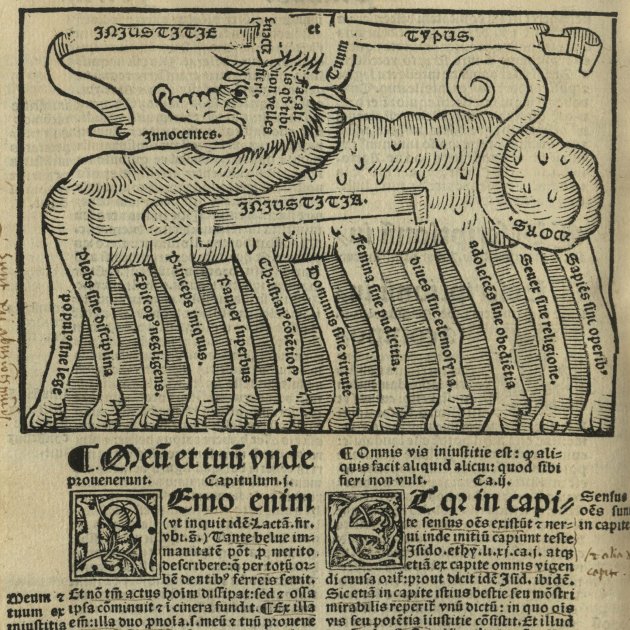A double-page spread proving the arbitrary approach of Spanish justice to Catalonia's self-determination referendum of 1st October has been published this Sunday by Spanish daily El País. It is the manifesto “1-O Antidemocratic Swindle. Don't take part! Don't vote!", signed by close to a thousand people and entities.
The thing is that while those who support abstention can issue propaganda without judges stopping their printing presses, the newspapers and media that have publicised the Catalan government's campaign to promote voting (for both "yes" and no") have enjoyed personal visits from Civil Guard officers with court orders in hand, requiring them to abstain from including “propaganda or advertising that is related to the 1st October referendum in any way”.
In other words, the manifestos against the referendum and/or in favour of abstention do not comprise “propaganda or advertising that is related to the 1st October referendum in any way”, it seems.
Now you can understand why 'El País' leads with the headline "Separatism joins forces as the law is enforced". It's just that the unionists and abstentionists don't have to join forces, as they are already well protected.
The authors of the manifesto and advertisement have certainly been careful with the details. They always talk about the referendum as “1-O” or use the Spanish word convocatoria - a general call for an event. The word “referendum” only turns up twice, in the context of the "Referendum Law", always in speech marks and attributed to others. They can thus claim that they are not talking about any referendum and give the judge a pretext to ignore them.
It is obvious that they not only talk about it but also help normalize it, for all their avoidance of the actual word. You only have to ask a random person what the "1-O” is. The answers will be diverse, but you can be sure that no one will say it's a convocatoria - or even convocatòria in Catalan! - and that many will reply: “It's the referendum”. You only have to visualise the many posters that do not even mention the word "referendum", and yet, which the police have still confiscated. You only have to look at the balcony banners featuring only one word - 'Yes'. Everybody - both adherents and detractors - knows what they're all about. Etcetera.
Similarly, the manifesto says that the convocatoria “has been made by Puigdemont and his government”. Not even “Mr. Puigdemont” for the Catalan president, as if they want to belittle the importance and dignity of the position, the rhetorical device of degrading an opponent to help hide the fragility of an argument.
Once you have treated the president like this, it is easier to ignore that “his government” is, whether you like it or not, the legitimate government of all Catalans and not the personal property of "Puigdemont”, so that is what comes next. This is the contempt used to launch the first line of the manifesto, and it sets the tone for what is to follow. People don't write like this accidentally, just as is it no accident that they have somehow avoided the word "referendum".
To make a comparison, the journalists of El País themselves are not so fussy: they do not hesitate to call things by their names when they talk about the manifesto:
Translation: A manifesto against the "antidemocratic swindle" of 1st October. Leftist intellectuals and artists urge non-participation in the referendum
So let's get to the nub of the issue. To encourage voting in the referendum is prohibited, but if you want to promote abstention “in the 1-O”, do you have free rein? Is that the way "equality of all before the law" works? It seems, rather, that those who are asking for abstention in the referendum are more equal than others. It seems, rather, a demonstration that Spanish justice is something arbitrary, that is to say, "decided by individual will or whimsy rather than by law or reasoning”, according to the dictionary. Kind of like the behaviour of a spoiled child: what I don't want, no-one else is going to have either.
